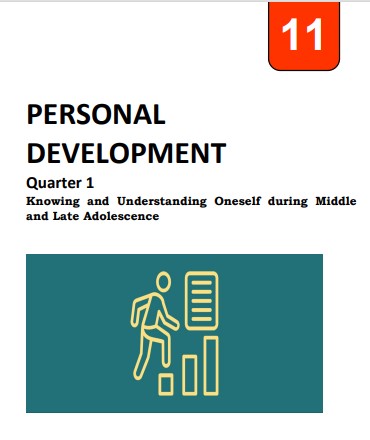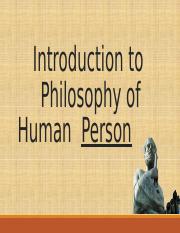Discrete Mathematics
Discrete mathematics provides the mathematical foundations for many computer science courses including data structures, algorithms, database theory, automata theory, formal languages, compiler theory, computer security, and operating systems. In addition, Math courses based on the material studied in discrete mathematics include logic, set theory, number theory, linear algebra, abstract algebra, combinatorics, graph theory, and probability theory.
Through this course, students can develop their mathematical maturity: that is, the ability to understand and create mathematical arguments. Many students find their introductory discrete mathematics course to be significantly more challenging than courses they have previously taken. One reason for this is that one of the primary goals of this course is to teach mathematical reasoning and problem solving, rather than a discrete set of skills. The exercises in this course are designed to reflect this goal.

General Mathematics
The General Mathematics course introduces fundamental math concepts.
The topics include whole numbers, operations on whole numbers, fractions, decimals, ratios, rates, and proportions.
The focus is on learning the computational procedures and then applying the skills to problem solving in applications.
At the end of the course, the students must know how to solve
problems involving rational, exponential, and logarithmic functions; to solve business-related
problems; and to apply logic to real-life situations.

Ms. A-Personal Development
This course tackles understanding of one's physiological, cognitive, psychological, spiritual, and social development. This course will help students to understand one's thoughts, feelings, and behaviors in making important decisions toward becoming a better person.
